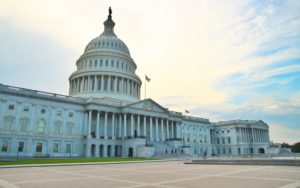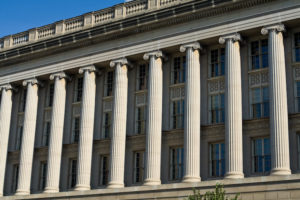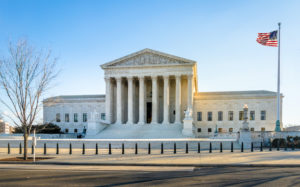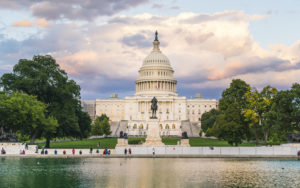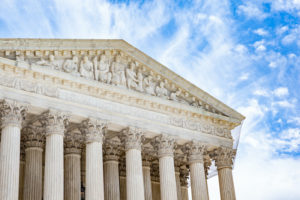Toward a “Unitary Executive” Vision of Article II?
The Supreme Court relied on misleading arguments and revisionist history to strike down the CFPB’s structure.
Regulation, Delegation, and the Affordable Care Act
Empirical study of the ACA’s implementation provides insight into the delegation of policymaking authority.
Abortion Restrictions After June Medical Services
A concurring opinion leaves the standard for determining the constitutionality of abortion restrictions in doubt.
Court Weighs in on Pipeline Crossing Appalachian Trail
The Supreme Court rules that the Forest Service can approve natural gas pipelines crossing the Appalachian Trail.
Consumers Win Assurance of Important Protection From Securities Fraud
The Supreme Court reaffirms lower courts’ ability to claw-back profits from violators of securities laws.
Reason Trumps Pretext
Requiring government institutions to engage in reasoned decision-making mitigates actions made in bad faith.
DACA and the Limits of Good Governance
Administrative law principles led the Supreme Court to deliver a victorious but unsatisfying and uncertain conclusion for migrants.
The Shape of Water After County of Maui v. Hawaii Wildlife Fund
Despite guidance from the Supreme Court, the future of water regulation remains uncertain.
Clarifying the Default for Anti-Discrimination Statutes
Policy-free textual analysis wins when interpreting causation standards in statutory text for employment actions.
Why the Equality Act Remains Important to LGBTQ Equality
A Supreme Court victory is the beginning, not the end, of the fight against anti-LGBTQ discrimination.
Federalism and Environmental Advocacy
The Supreme Court appears inconsistently enthusiastic about federal regulation and state-centric environmentalism.
Another Explanation of Justice Gorsuch’s Bostock Vote
A recent case protecting LGBTQ rights may help the Supreme Court circumscribe the administrative state.


